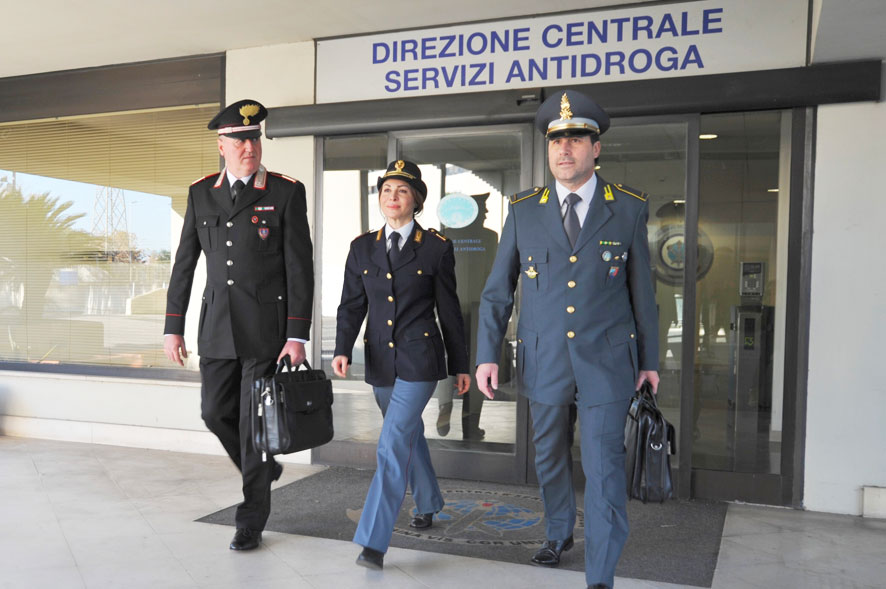Drug trafficking remains one of the most lucrative businesses for organized crime and has become the main challenge in regions where drug cartel violence operates. Despite the fact thatLatin America and the Caribbean are home to only 9 percent of the world’s population,they represent 34 percent of all violent deaths, a fact that is directly related to the presence of drug trafficking in the region.
In addition, in the last decade, some Latin American countries have also become centers of consumption, while others serve as transit points for illegal merchandise.
The Support to AMERIPOL project, financed by the European Union, has held a series of videoconferences to disseminate and promote good practices and lessons learned in different areas between the European Union and the Latin American region. The objective has been that the police forces and Latin American and European entities can expose good police practices in the investigation of crimes related to drug trafficking.
Antonio De Cristofaro, from the Italian Anti-Drug Services, participated in the session as a representative of the drug program COPOLAD, which promotes FIIAPP and IILAfinances the EU, which shared its experience with the Italian Anti-Drug Services regarding drug trafficking, highlighting: the importance of new technologies and cooperation between countries.
The ninth conference has addressed the problem of drug trafficking. Marcos Alvar, head of the Support for AMERIPOL project, highlighted the importance that Europol has given to AMERIPOL as counterpart in the Latin American region: ‘We must take into account the importance of the latest advances regarding the cybercrime, illegal migration and human trafficking, the development of the police information exchange system and the data protection regulation.
For his part, Milton Fornazari, delegate of the executive secretary of AMERIPOL, recognized the need to collaborate to combat drug trafficking: “only intelligence work and joint investigations can combat this kind of crime in the best way.”
Through these exchanges, strategies to combat crimes associated with drug trafficking such as money laundering, human trafficking, sexual exploitation, forgery of documents or the trafficking of weapons and other illicit products can be analyzed.






